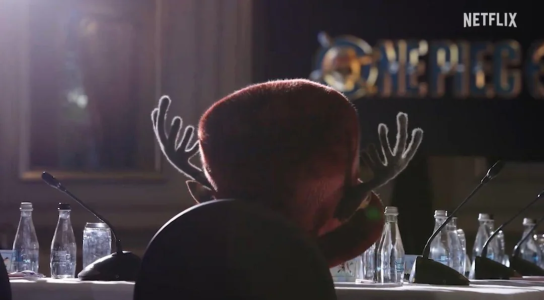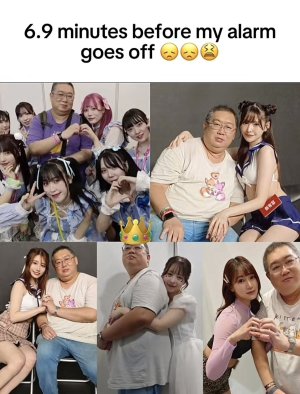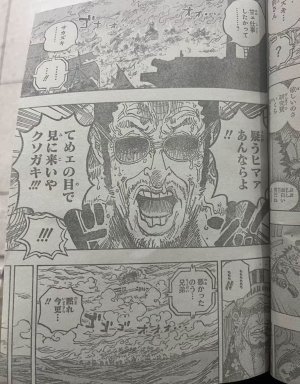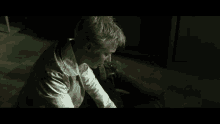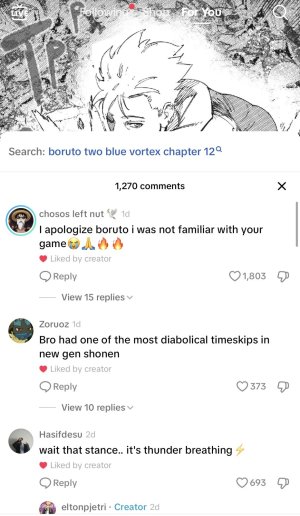I'll say, first and foremost, I was very impressed. I didn't have much in the way of expectations beforehand. I've seen plenty of Gundam shows so I could have expected something high quality, but i've seen a series or two that I didn't really care for, so I knew that there was always the chance of getting a dud. After watching the show however I can say that I fully understand why many rank this show so highly on their Gundam lists and i'll personally say that I consider it to be one of the best that Tomino ever produced. It is similar to many of his other works. The pacing feels a little slow at times, the finale feels slightly rushed, and the characters for the most part are exactly the same at the end of the story as they were at the start and it's that last point i'd like to touch on, because Tomino uses this habit of his to good effect here. For one thing, while most of the characters remain the same not all of them do and no character's overall situation is left unchanged. Guin Rhineford for example starts the series off as a very important man, the heir to an entire country, organizer of the local militia, and the main person who has been in contact with the Moonrace before the story begins. By the end of it however, he's been severely humbled. He's lost every single thing he owned, has no authority, and actually has to hide his identity because of some of the actions he took during the war with the Moonrace. There are legitimate consequences for his actions.
Loran Cehack, our main character and hero, is similar. He starts the story coming to Earth with his friends, as an advance scout for the Moonrace to see what life on Earth is like. He gets a job in a mine, before then switching to driving around the family that owns the mine. Before long, as with many other teens before him, he falls into a Gundam and ends up fighting on the front lines, as the main force of the Earth militia. Like Guin, Loran does not change throughout our story. He remains true to himself the entire time and being a humble person (probably even too humble in all honesty) he does not have to go through any bad events to change him for the better or teach him a lesson. If anything, Loran serves to send us a message, just like Guin does. Loran ends the series living with the Queen of the Moonrace, Dianna, in a nice little house in the country, simply watching over and caring for her. Notably, there is nothing romantic about this relationship, partially due to Dianna being centuries-thousands of years older than Loran, due to cryogenic freezing, and partly because they have been written in a chivalrous manner. Loran is the virtuous Knight to Dianna's gentle, yet also fierce lady. So for Loran this is the perfect situation, caring for the person that he is absolutely devoted to and has been since the first episode. This gives us the basic message that Loran was right and Guin was wrong, even though they are not necessarily placed at odds in such a way during the story. But Guin suffers for his actions and doesn't get anything he wanted. Loran was entirely selfless throughout the series and does get what he wanted, even though that also deals with him still being selfless
There is then Queen Dianna and Kihel Heim to deal with, the Queen of the Moon and the daughter of a prosperous mine owner. They also happen to be identical in appearance. Let me say that Kihel is the character that grows the most in this series and it is entirely because of her relationship with Dianna. A little under midway through the series the two characters end up switching places, with no one being the wiser for the longest time. It's a Prince and the Pauper type deal for all intents and purposes, seeing how the other half lives. The interesting thing is that they don't switch back within a few episodes. No, they keep up this charade for a good chunk of the series and people are then confusing the two for the rest of the series, and even begin referring to both by their own or the others name within the same sentence, since it just becomes easier to do so. Despite the confusion for the characters it is always clear to the viewer which one is which, primarily through their personal thoughts. We do not know much about Dianna before this switch takes place, so we're really learning about her for the first time. Even then however we are able to see her going through situations that a Queen typically wouldn't, such as working at a field hospital as a nurse, driving her own car, firing a gun, being involved in battles, etc. All of it does an excellent job fleshing out just what kind of person she is and is nicely contrasted with her continually thinking about her duties as Queen. Furthermore, her time as Kihel gives her the opportunity to view the effects of her actions on the Earth firsthand. She see's the suffering of the people and realizes that while she might have had good intentions she did not necessarily go about things in the best manner. In turn, Kihel grows up during her time as Queen of the Moon. She made it clear from the start that she didn't want to be a regular girl who went to school and got married, marking her as a strong-willed character, but she was still relying on others to dictate her fate. As a Queen it is the exact opposite. She becomes responsible for an entire race and a growing war, neither of which she was groomed to handle. Watching her equip herself in the situation, making mistakes, but achieving success at the same time, is one of the best subplots in the series. After following both characters and getting to know them it then isn't a surprise when Dianna and Kihel choose to permanently switch places in the epilogue, with Kihel returning to the moon as its Queen.



 |I
|I
 Wing Zero Custom remains my favorite Gundam in the franchise.
Wing Zero Custom remains my favorite Gundam in the franchise. Might be one of the most dramatic scenes in anime history, over something that at the end of the day is nowhere near that big of a deal
Might be one of the most dramatic scenes in anime history, over something that at the end of the day is nowhere near that big of a deal 










